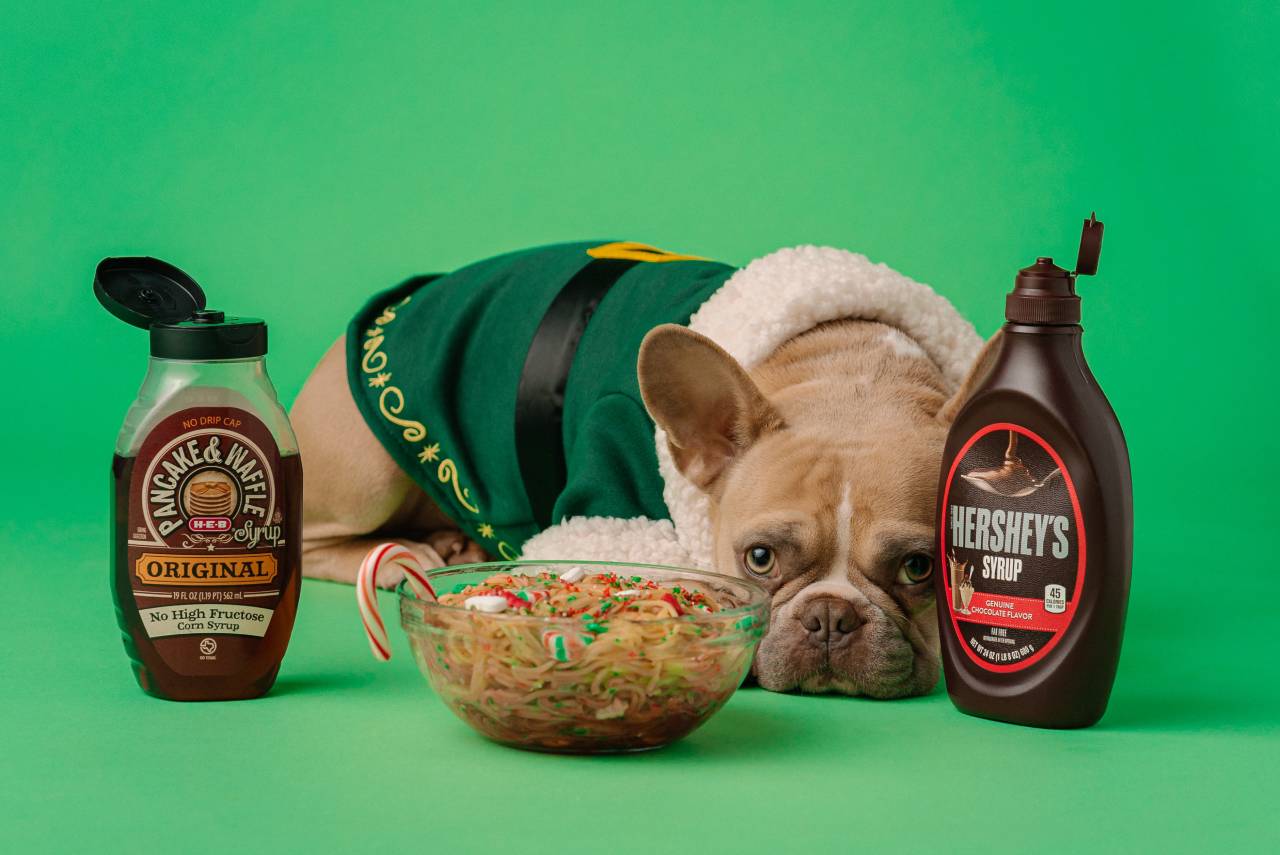If you have a pet with a specialized diet, it can be a challenge to ensure that they are receiving all the necessary nutrients they need to stay healthy. Many pets require specialized diets due to health conditions, allergies, or simply personal preferences. As a pet owner, it is your responsibility to provide your pet with the best possible care, including their diet. In this article, we will explore some tips and strategies to help you cater to a pet with a specialized diet.
Understanding Your Pet’s Nutritional Needs
Before you can start catering to your pet’s specialized diet, it’s essential to understand their nutritional needs. Every pet has unique nutritional requirements based on their age, breed, size, and health conditions. For example, a senior dog may require a diet with fewer calories, while a puppy may require more protein for growth and development.
Consulting with Your Veterinarian
If your pet requires a specialized diet, it’s crucial to consult with your veterinarian. Your vet can help you determine the best type of food for your pet’s specific needs and provide guidance on portion sizes and feeding schedules. They may also recommend supplements or medications to help support your pet’s health.
Choosing the Right Food
When choosing food for your pet with a specialized diet, it’s essential to read the labels carefully. Look for foods that are specifically formulated for your pet’s needs, whether that be for weight management, allergies, or other health conditions. Avoid foods that contain fillers, artificial preservatives, and additives that can harm your pet’s health.
Introducing New Food
If you’re introducing a new food to your pet, it’s important to do so gradually. Sudden changes in diet can cause digestive upset and lead to health problems. Start by mixing a small amount of the new food with your pet’s old food and gradually increase the amount over several days.
Monitoring Your Pet’s Health
It’s essential to monitor your pet’s health regularly, especially if they have a specialized diet. Look for signs of digestive upset, such as vomiting, diarrhea, or lack of appetite. Keep track of your pet’s weight, energy level, and overall wellbeing to ensure that their diet is meeting their nutritional needs.
Special Considerations for Homemade Diets
If you’re considering a homemade diet for your pet, it’s crucial to work with a veterinary nutritionist to ensure that the diet meets all of your pet’s nutritional needs. Homemade diets can be challenging to balance and may not provide all the necessary nutrients your pet needs to stay healthy.
Treats and Snacks
When it comes to treats and snacks, it’s essential to choose options that are compatible with your pet’s specialized diet. Look for treats that are specifically formulated for pets with allergies or other health conditions. Avoid human food, as it may contain ingredients that are harmful to your pet’s health.
Keeping Your Pet Hydrated
It’s crucial to ensure that your pet has access to clean, fresh water at all times, especially if they have a specialized diet. Water helps keep your pet hydrated and supports healthy digestion. If your pet has a health condition that affects their water intake, your veterinarian may recommend additional hydration strategies.
Final Thoughts
Catering to a pet with a specialized diet can be challenging, but with the right strategies and guidance, it is possible to provide your pet with a healthy and balanced diet. Remember to consult with your veterinarian, read labels carefully, introduce new foods gradually, and monitor your pet’s health regularly. With a little bit of effort and patience, you can help your pet live a long and healthy life.








